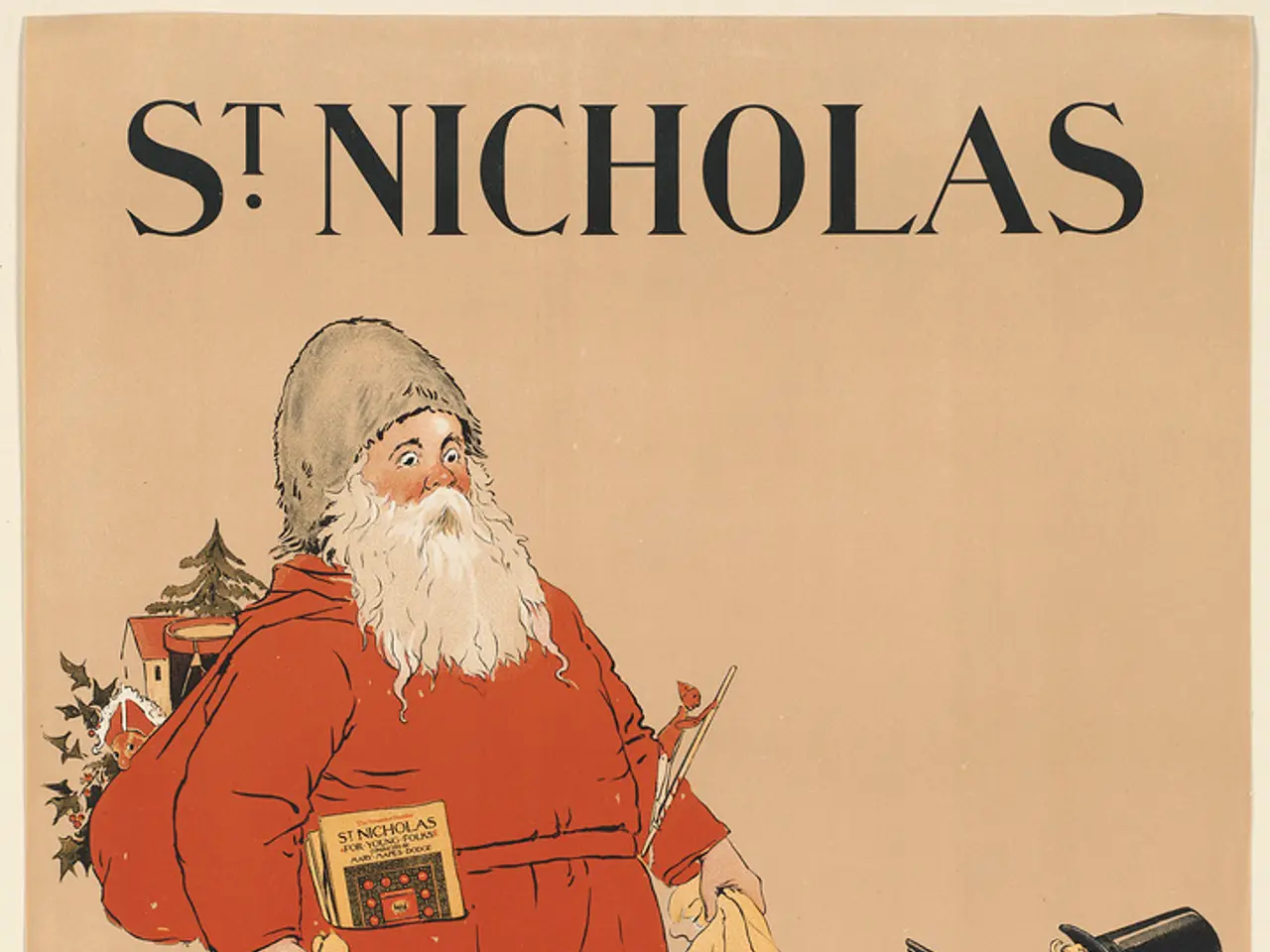Uncover an array of child names rooted in medieval times for your infant
**Reviving Medieval Charm: The Resurgence of Historical German Male Names**
In recent years, there has been a growing trend towards medieval male names, with parents seeking something distinctive and steeped in tradition. This revival offers an opportunity for parents today to choose a name that carries both deep historical roots and personal meaning.
Many medieval male names have their origins in Germanic and Christian traditions, dating back to the late Middle Ages between the 5th and 15th centuries. Names like Fritz, Jörg, and Peter, as well as less common names such as Ulrich, Claus, and Michel, reflect this rich history. Saints' names played a central role in naming during this period, with names like Hans, Heinz, Jörg, Kuntz, Linhart, and Endres being particularly popular.
One of the most fascinating aspects of medieval German male names is their connection to saints. Names such as Bruno, associated with Saint Bruno of Cologne, and Albrecht, potentially influenced by the reverence for saints like Albert the Great, carry religious and symbolic significance. On the other hand, names like Wolfhart and Berengar reflect the cultural symbolism of wolves and spears, embodying the warrior ethos common in medieval Germanic societies.
The historical luster of these names is kept alive in modern naming practices, with many parents choosing names that reflect their own roots or their love for history. Exploring the variants of these names opens up access to a rich history, providing a wonderful connection to the past that often carries deeper meaning and enriches modern life.
The forms of these names varied by region and were often influenced by ruling nobles and warlords. For example, Linhart and Alexander show how international influences entered German name forms, reflecting the interconnectedness of medieval Europe.
In conclusion, medieval German male given names offer a unique blend of religious, cultural, and historical significance. Whether as a homage to one's own roots or as an expression of a love for history, these names are a wonderful way to connect with the past and enrich modern life.
**Examples of Names with Historical Significance**
| Name | Meaning | Historical Significance | |------|---------|-------------------------| | Bruno | Armor | Saint Bruno of Cologne | | Albrecht | Noble | German form of Albert | | Wolfhart | Brave/Strong | Germanic cultural symbolism | | Berengar | Bear & Spear | Warrior ethos in medieval Germany |
As the trend of unique and traditional names continues, the realm of fashion-and-beauty extends to the naming of children, with medieval names gaining popularity.
This resurgence of historical German male names not only offers a distinctive choice for parents, but also a connection to a rich heritage, promoting personal growth and education-and-self-development.
In the world of relationships, sharing a medieval-inspired name could create a special bond, as it represents both personal and shared history.
For pet enthusiasts, the charm of medieval names could be extended to their pets, such as Fido-the-Wolfhart or Kitty-the-Berengar.
When it comes to travel, exploring regions with a medieval history could feel more immersive with a medieval name as a traveler's moniker.
Lastly, in the journey of career-development, a medieval name could provide a unique talking point, leading to intriguing conversations and networking opportunities.




